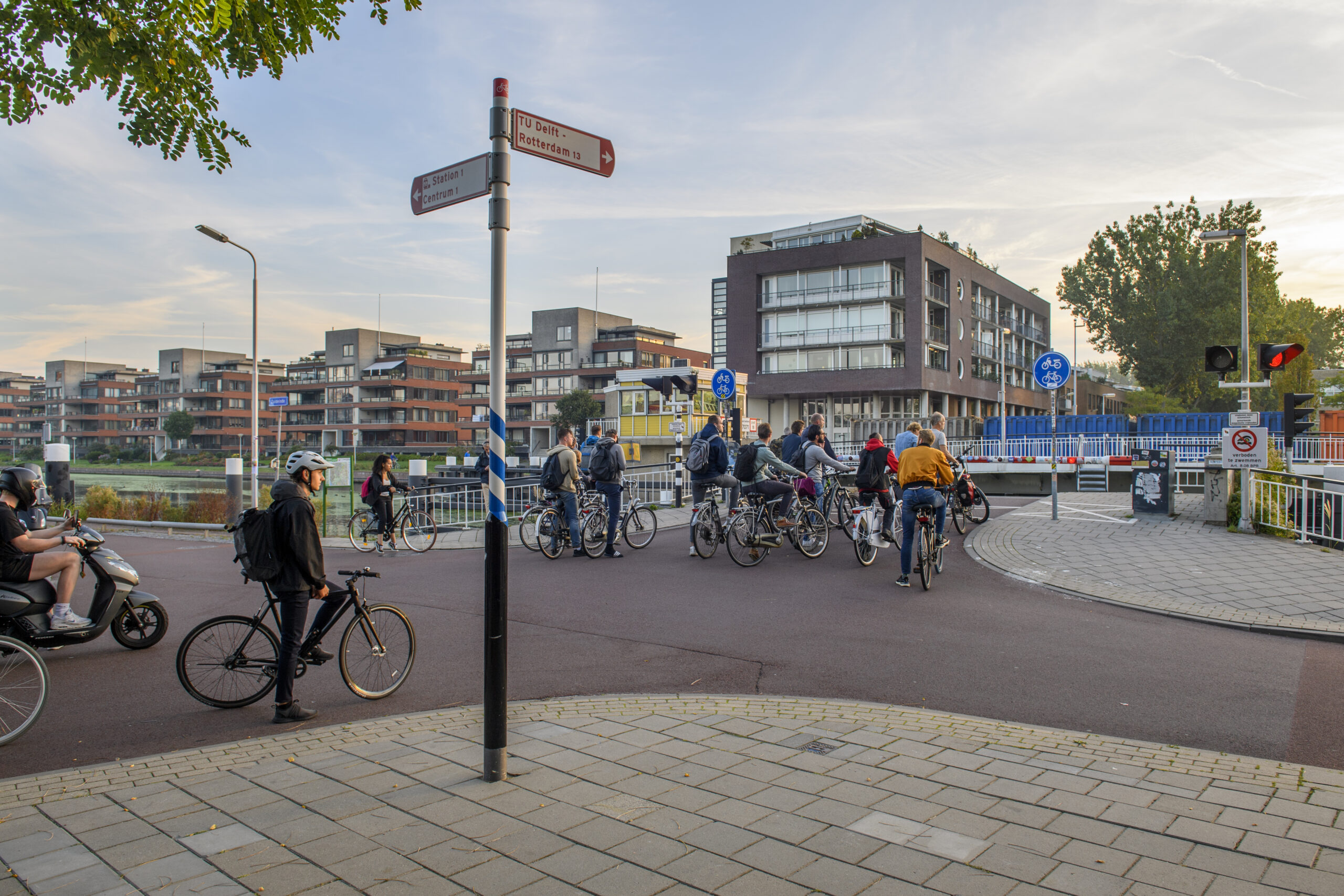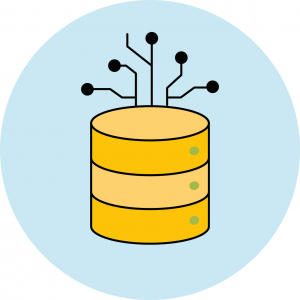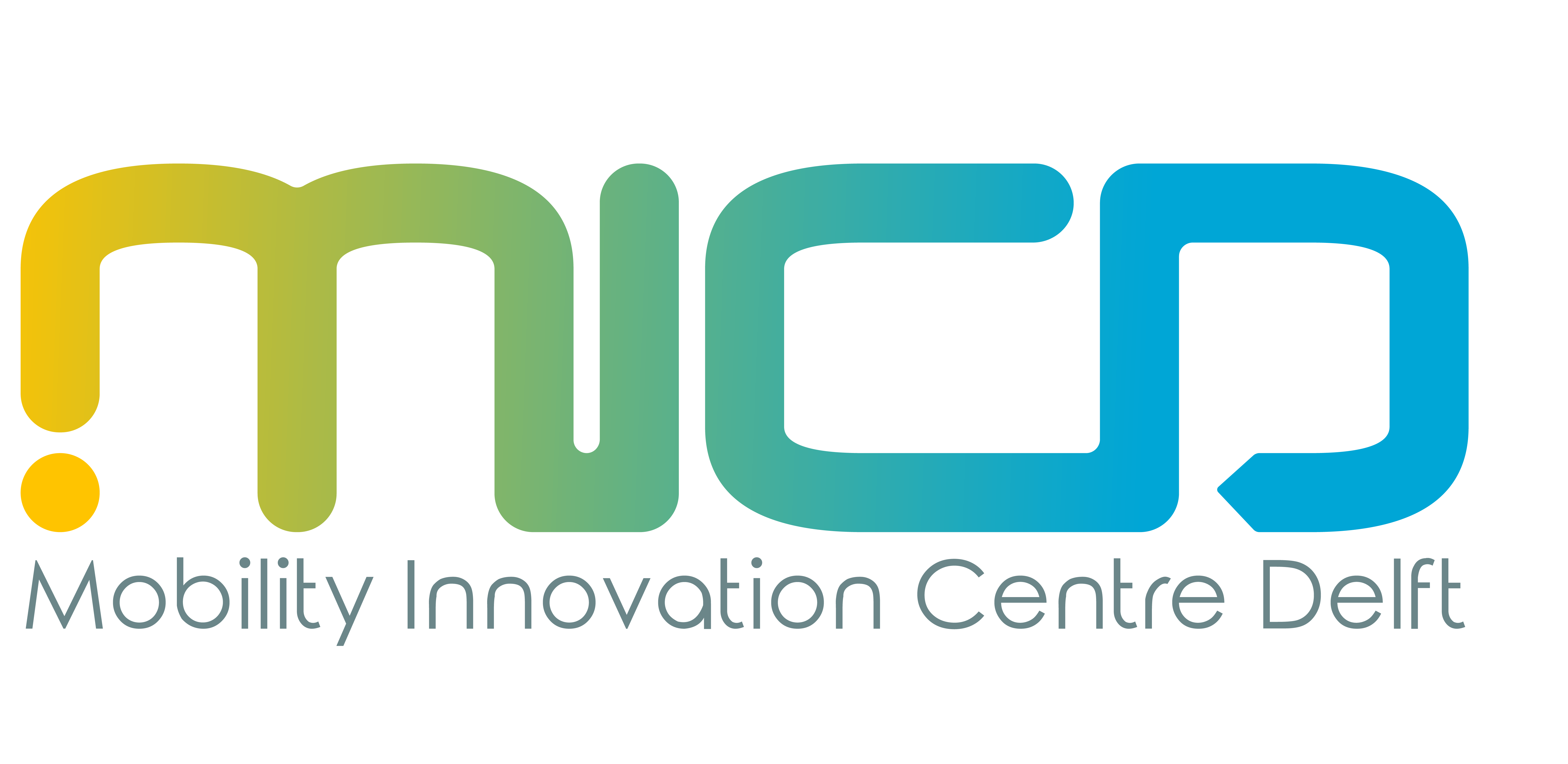Besides enthusiasm, new forms of mobility always evoke many questions. After all, how do you ensure that an innovation is successfully implemented? How will it fit into the set of existing transport and shipping options? Which regulations are relevant? What are the success factors and risks? Expanding and modernising our traffic system is so complex that policymakers often do not know where to start.
Mobility Innovation Centre Delft, MICD, aims to answer as many questions as possible, paving the way for a smooth implementation – at least if it turns out that the innovation has a genuine chance. We offer companies, governments and scientists an environment and facilities to develop, test and evaluate innovations – and to explore opportunities for upscaling. Whether it involves long-term research or setting up smooth pilots, our aim is to obtain a reliable and complete picture of the impact of innovations on traffic and transport systems, urban planning, safety, accessibility, sustainability and inclusiveness.

Innovating Hands On
MICD accelerates innovations in mobility. For this, we provide facilities and support. We are a living lab, including a state-of-art sensor network. We initiate and encourage cooperation between parties, and we have a powerful data hub.

Living Lab
The MICD offers researchers and companies access to a unique, flexible and extensible set of state-of-the-art sensor technology, data processing and fusion, and real-time visualisation. Our self-developed infrastructure allows us to develop and extensively test new mobility services and concepts. Our living lab is located on the TU Delft campus. With some 25,000 visitors a day, it provides an ideal testing environment.

Collaboration
At MICD, we encourage and facilitate cooperation between government, science and industry to answer questions together and accelerate the innovation process. Choice behaviour plays an important role in this: the inhabitants of cities and towns will ultimately use the innovations. Both on our own campus and in various European cities, we have experience with field tests with diverse groups of users.

Data hub
We bring together our own sensor data with a large number of other (semi-)open data sources. This rich data hub contains mobility data on pedestrians, cyclists, cars, public transport, parking, ov occupancy and bridge openings, combined with context data such as weather data and spatial characteristics. As a result, MICD can provide relevant insights for developing, testing and evaluating projects in the field of mobility.

